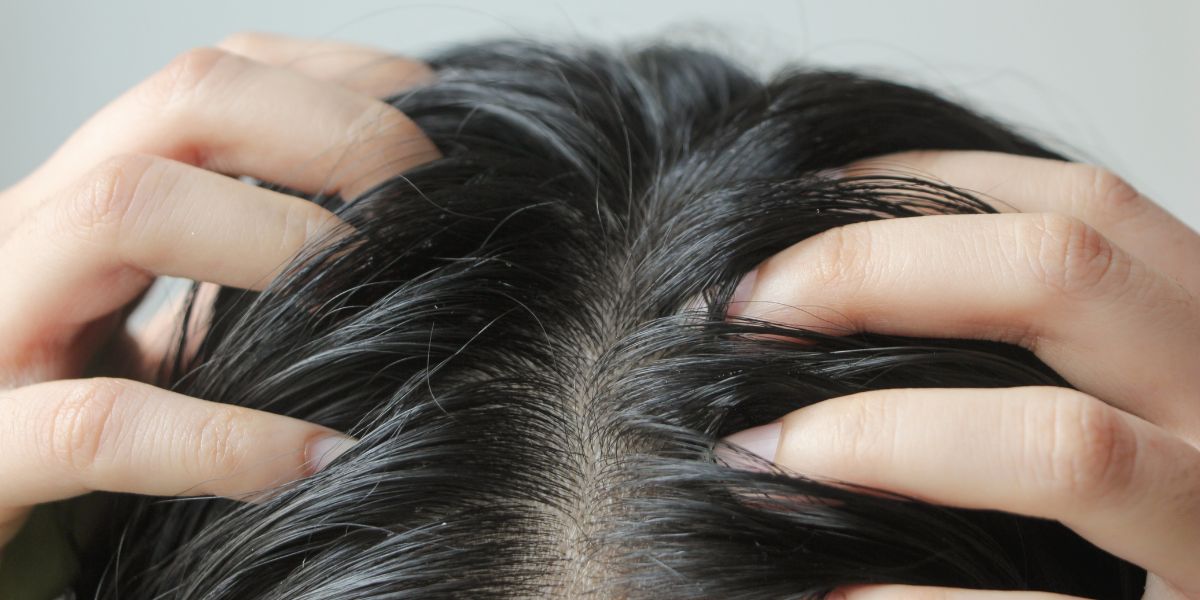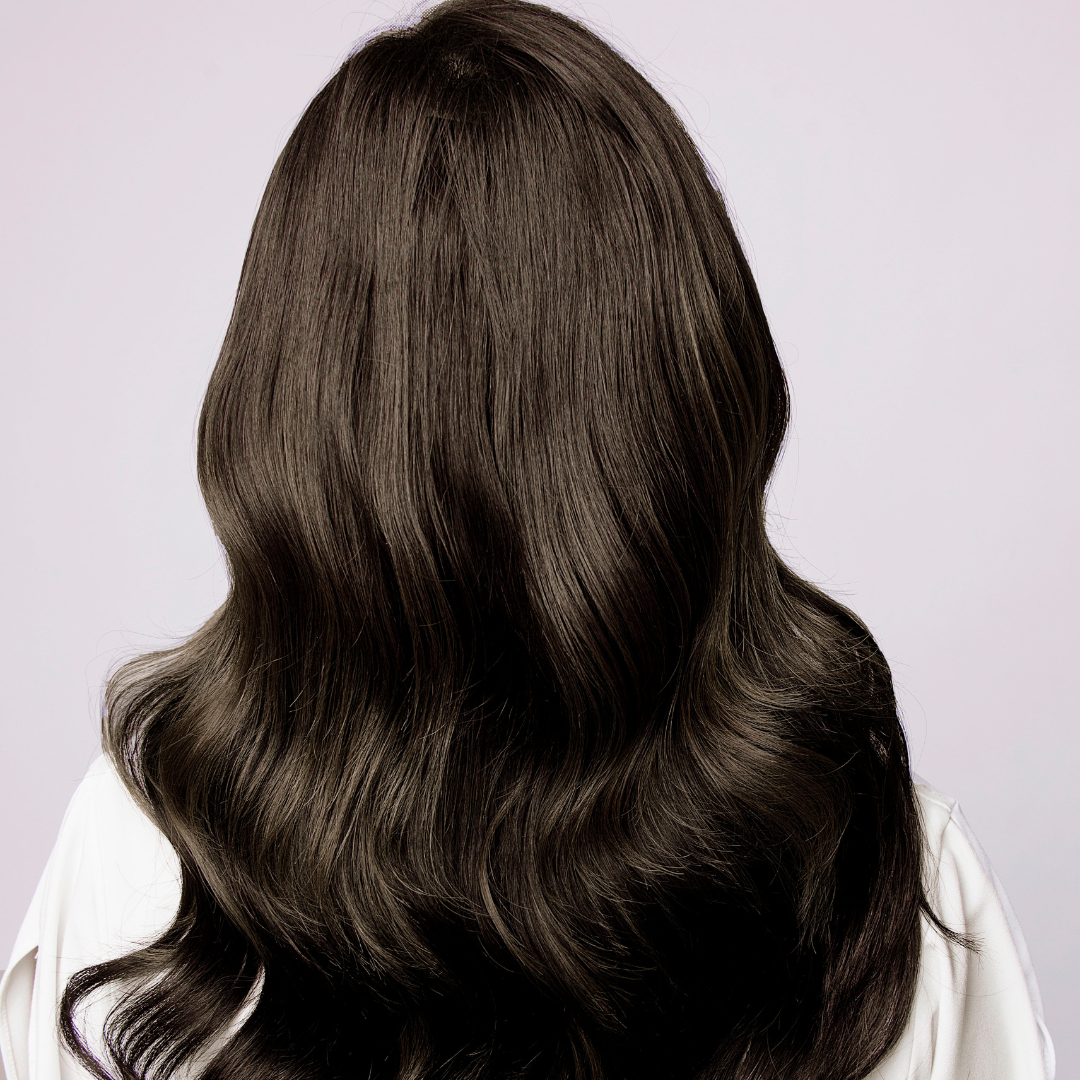Introduction
Healthy, hydrated hair is a coveted trait that many people aspire to achieve. However, factors such as environmental aggressors, heat styling, chemical treatments, and improper hair care practices can leave our hair dry, brittle, and lacking moisture. Hair hydration is the key to maintaining soft, smooth, and manageable locks. In this comprehensive guide, we will delve into the importance of hair hydration, the signs of dehydrated hair, and share effective tips and techniques for achieving and maintaining hydrated hair.
Why is Hair Hydration Important?
Just like our skin, our hair needs adequate hydration to maintain its health and vitality. Hair is made up of a protein called keratin, which contains water molecules that help to keep the hair shaft pliable and flexible. When the hair lacks moisture, it becomes dry, brittle, and prone to damage. Proper hair hydration is crucial to maintain the integrity of the hair structure, prevent breakage, and promote overall hair health.
Signs of Dehydrated Hair:
Dehydrated hair can exhibit various signs and symptoms that indicate a lack of moisture. These may include:
- Dryness: Dry hair lacks moisture and feels rough and brittle to the touch. It may also appear dull and lackluster.
- Frizz: Dehydrated hair is more prone to frizz as the hair cuticles lift, allowing moisture from the air to penetrate the hair shaft, causing it to swell and frizz.
- Tangles: When hair lacks moisture, it becomes more prone to tangling and can be difficult to comb or brush.
- Split ends: Dehydrated hair is more susceptible to split ends, as the lack of moisture weakens the hair shaft, leading to breakage and splitting.
- Lack of elasticity: Hydrated hair has good elasticity and can stretch without breaking. Dehydrated hair, on the other hand, lacks elasticity and may break easily when stretched.
Tips for Achieving and Maintaining Hair Hydration
Use a Moisturizing Shampoo and Conditioner:
Start your hair hydration routine with a moisturizing shampoo and conditioner. Look for products that are specifically formulated to provide deep hydration and nourishment to the hair. Avoid shampoos and conditioners that contain harsh sulfates, as they can strip the hair of its natural oils and cause further dryness. Instead, opt for products that are sulfate-free and enriched with moisturizing ingredients like shea butter, coconut oil, or argan oil.
Deep Condition Regularly:
In addition to using a moisturizing conditioner after every shampoo, incorporate deep conditioning treatments into your hair care routine. Deep conditioners are formulated to penetrate the hair shaft and provide intense hydration. Look for deep conditioners that contain hydrating ingredients such as avocado oil, jojoba oil, or honey. Apply the deep conditioner to damp hair and leave it on for the recommended time, then rinse thoroughly for soft, hydrated locks.
Use Leave-In Conditioner:
Leave-in conditioners are excellent for providing continuous hydration to the hair throughout the day. They can help to seal in moisture, protect the hair from environmental aggressors, and detangle the hair. Choose a leave-in conditioner that is lightweight and does not weigh down the hair. Apply a small amount to damp hair and distribute it evenly from roots to ends.
Limit Heat Styling:
Excessive heat styling can strip the hair of its natural moisture and cause dryness and damage. Limit the use of heat styling tools such as flat irons, curling irons, and blowdryers, and opt for heat-free styling methods whenever possible. When using heat styling tools, always apply a heat protectant spray or serum to create a barrier between the hair and the heat. Use the lowest heat setting that is effective for your desired style, and avoid using heat on wet or damp hair, as this can cause further damage.
Hydrate from Within:
Hair hydration starts from within, so it's important to nourish your body with enough water and a healthy diet. Drink plenty of water throughout the day to keep your body and hair hydrated from the inside out. Eat a balanced diet that includes foods rich in essential fatty acids, vitamins, and minerals, such as fish, nuts, seeds, leafy greens, and fruits. These nutrients are crucial for maintaining healthy hair and preventing dryness and breakage.
Avoid Overwashing:
Overwashing the hair can strip the natural oils from the scalp and hair, leading to dryness and dehydration. Try to limit washing your hair to every other day or every few days, depending on your hair type and lifestyle. When you do shampoo, use a gentle, moisturizing shampoo and avoid using hot water, as it can further strip the hair of its natural oils. Condition your hair after every shampoo to replenish moisture and restore hydration.
Use Hair Masks:
Hair masks are an excellent way to provide deep hydration and nourishment to the hair. Look for hair masks that are specifically formulated for hydration and contain ingredients such as shea butter, avocado oil, or aloe vera. Apply the hair mask to damp hair, focusing on the mid-lengths and ends, and leave it on for the recommended time before rinsing thoroughly. Hair masks can be used once or twice a week, depending on your hair's needs, to help restore moisture and improve hair texture.
Avoid Harsh Chemical Treatments:
Chemical treatments, such as hair coloring, perming, and straightening, can damage the hair and cause dryness and dehydration. If possible, avoid harsh chemical treatments or minimize their use. If you do undergo chemical treatments, make sure to follow proper aftercare instructions, including using moisturizing and repairing products to replenish lost moisture and repair damage.
Protect Your Hair from the Sun:
Sun exposure can also cause dryness and damage to the hair, particularly during the hot summer months. Protect your hair from the sun by wearing a hat or using a UV-protective hair spray when spending time outdoors. Avoid prolonged sun exposure, especially during peak hours, and rinse your hair with clean water after swimming in chlorinated or saltwater to remove any damaging residue.
Get Regular Trims:
Regular trims are essential for maintaining healthy hair and preventing split ends. Split ends can cause further damage and make the hair appear dry and frizzy. Schedule regular trims every 6-8 weeks to keep your ends fresh and healthy, and prevent split ends from traveling up the hair shaft.
Conclusion:
Hair hydration is crucial for maintaining soft, smooth, and healthy locks. By incorporating proper hair care practices, such as using moisturizing products, deep conditioning, limiting heat styling, hydrating from within, avoiding harsh chemical treatments, protecting from the sun, getting regular trims, and avoiding overwashing, you can achieve and maintain well-hydrated hair. Remember to listen to your hair's needs and adjust your hair care routine accordingly. With consistent care and attention, you can unlock the secrets to luscious, hydrated locks that look and feel their best. Cheers to healthy, hydrated hair!




